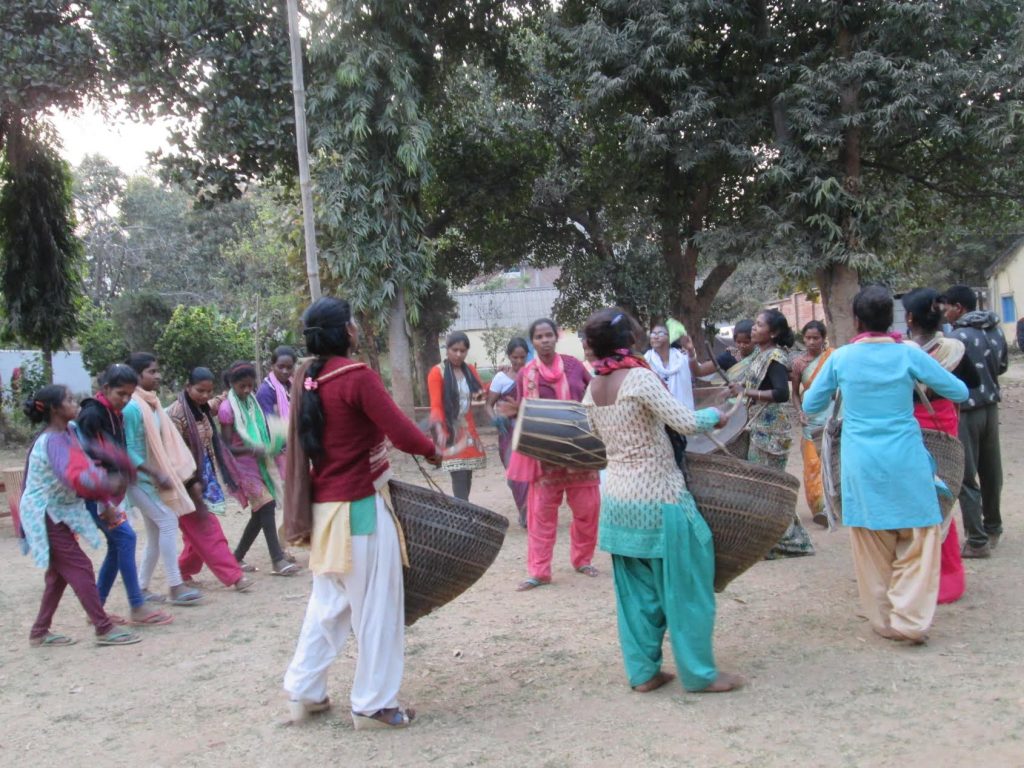Centro Juventude Covalima (CJC)
Centro Juventude Covalima (Covalima Youth Center/CYC) spinned off from the Circlo Studu Juventude (Youth Study Circle) established in early 2000. The organization was officially transformed as CYC in April 4, 2001 with support from the International Rescue Committee (IRC) and Child and Youth Development Program (CYDP). It was established representatively under multi ethnic groups that exist in Covalima district namely Bunac, Cemac and Tetum Teric.
The objective of CYC is to facilitate the needs of young people to: (a) actively participate in the rebuilding of the nation; (b) advance the advocacy for the recognition and protection of indigenous peoples rights; and (c) maintain and sustain the transmission of indigenous knowledge and practices (socio-cultural, politics, and environment) as an identity of indigenous communities.
Based on activity implemented, generally CJC was able attracted attention of community which consists of; community leaders, elders, youth, and local authority actively supported and participated in the implementation of the whole activity. Positive responded of the community for the reason that tradition of Tara Bandu is almost disappearing and with this project was able bring back into practice that can continue serves as an integral part of custom to control and manage over community resources. On the other hands, support and participation of local authorities obtained during implementation of the activities considered that Tara Bandu is very much helped to reinforce and strengthen formal laws [laws of the state] for preventing degradation and allowing reforestation, and define roles and responsibility and ownership of the community to implement for their own benefits.
Another important part of the activity was documentation of the ritual ceremony of Tara Bandu. Based on consultation and meeting/discussion with community leaders, elders and local authority, CJC staff was able developed script and sequence to guide the process of documentation systematically. At the same time important components from the whole process of Tara Bandu ceremony well documented into a video. At the end of the project, CJC was able duplicated and distributed 75 DVDs to community leaders, local authority and relevant stakeholders.
Community leaders, elders, youth, and local authority actively supported and participated in the implementation of the whole activity. Positive responded of the community for the reason that tradition of Tara Bandu is almost disappearing and with this initiative was able bring back into practice that can continue serves as an integral part of custom to control and manage over community resources. On the other hands, support and participation of local authorities obtained during implementation of the activities considered that Tara Bandu is very much helped to reinforce and strengthen formal laws [laws of the state] for preventing degradation and allowing reforestation, and define roles and responsibility and ownership of the community to implement for their own benefits

